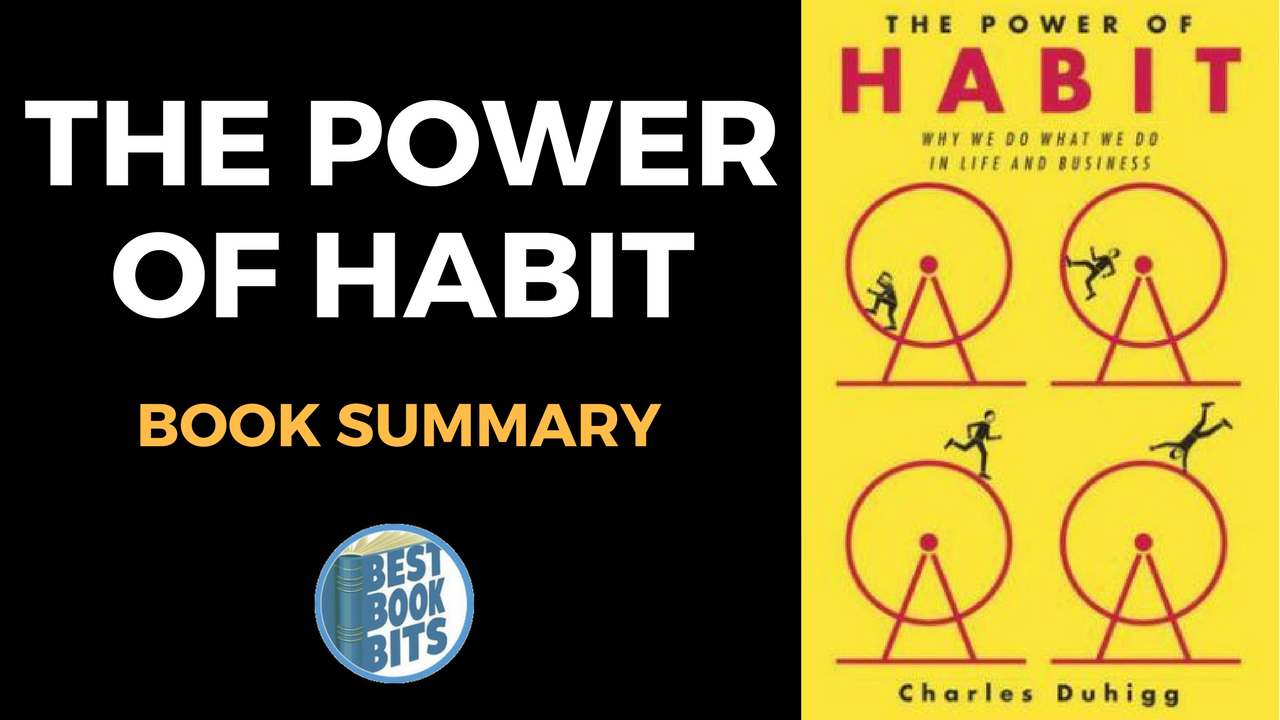

In other words, take care of the small things and the big things will take care of themselves.

Such habits can be things like instituting an exercise program when attempting to lose weight or visiting with friends in Alcoholics Anonymous when the urge to drink strikes. Bush’s first term, had focused on what Charles Duhigg, a reporter at the New York Times, calls a keystone habit: a small change in behavior that, when it starts to shift, dislodges and remakes other patterns in life. O’Neill, who served as Treasury secretary during George W. By the time O’Neill retired in 2000, the company’s stock was worth five times as much as when he started. Within a year, Alcoa’s profits reached a record level. Communication among employees increased, line workers offered other suggestions to improve efficiency, and the company underwent a renaissance. As the accident rate declined - ultimately to about 5% of the national average - something funny happened. O’Neill instituted wide-ranging programs to increase safety in what was previously a dangerous industry, empowering employees to offer suggestions and ensuring that accidents were immediately brought to the attention of executives. “It was literally the worst piece of advice I gave in my entire career,” one later said. Investors at the conference thought he was crazy and rushed from the room to tell their clients to sell Alcoa stock immediately.

Rather, he said, his emphasis would be on improving employee safety. of America in October 1987, he shocked attendees at an introductory news conference by proclaiming that his focus would not be on expanding sales or improving profitability. When Paul O’Neill took over the floundering Aluminum Co.


 0 kommentar(er)
0 kommentar(er)
